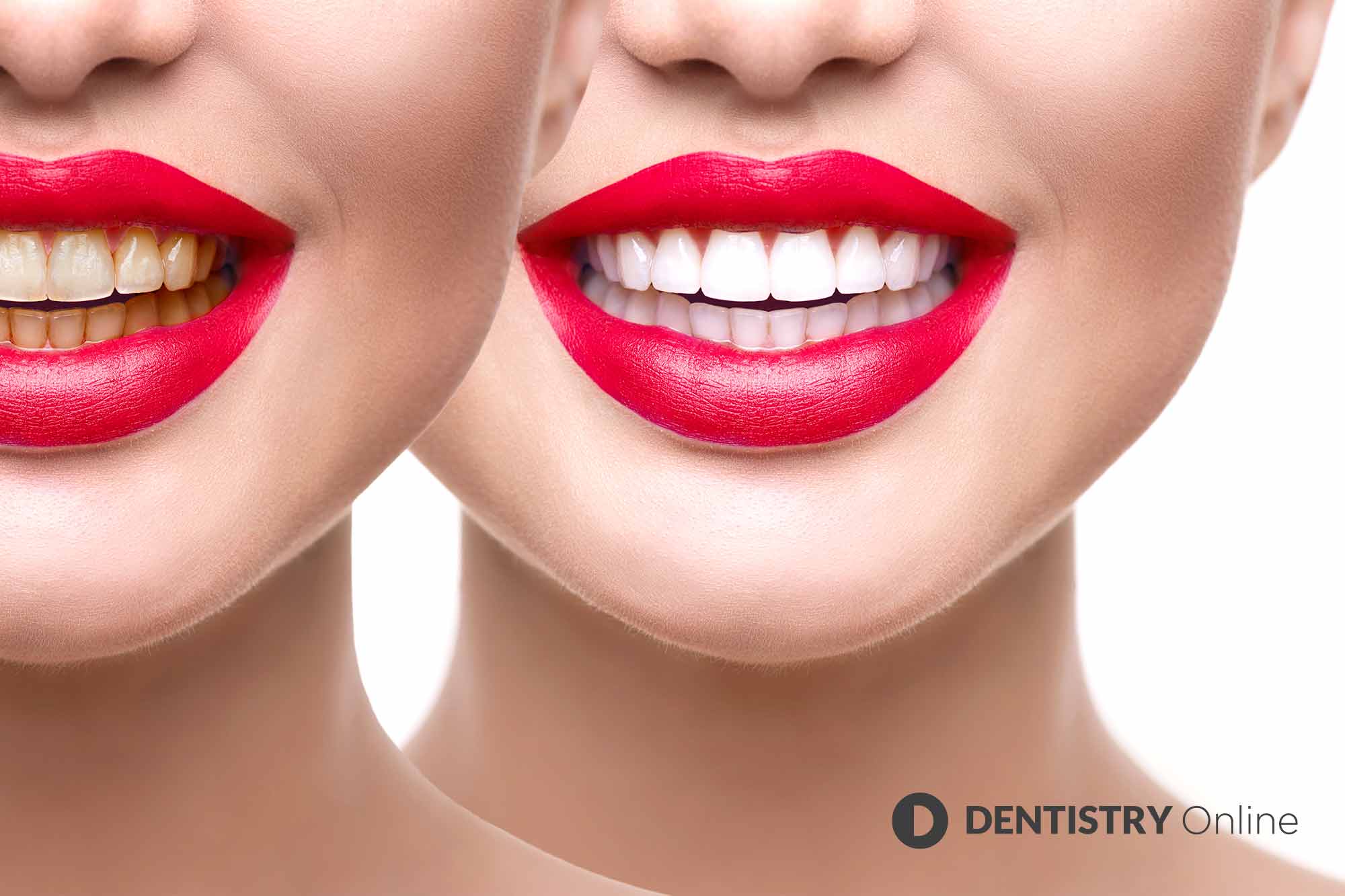 Bitten by the whitening bug. The general public is still worryingly unaware of the legal requirement for tooth whitening to be performed only by dental professionals.
Bitten by the whitening bug. The general public is still worryingly unaware of the legal requirement for tooth whitening to be performed only by dental professionals.
According to The Dental Survey (2018), 77% of dental professionals believe there needs to be more public awareness around the legality and safety of whitening. Remarkably, 52% fear that even within the profession there isn’t enough awareness about this issue.
This is becoming more problematic as the demand for whitening grows ever stronger. The consequences arising from illegal whitening are severe. The user can suffer physically. Also, those supplying the treatments can end up with a criminal record.
Therefore, dental professionals need to raise awareness of the hazards of DIY whitening kits. It highlights the necessity to only use trusted and reliable brands. In particular, ones recommended by a qualified dental practitioner.
Banned by Amazon
Retail giant Amazon recently removed its best-selling kit from sale. Reports revealed that it contained a European Union-prohibited chemical, sodium perborate. This chemical had been banned by the EU for cosmetic use for nearly a decade. Studies have shown the chemical can damage fertility and harm unborn babies.
Before its removal from the site in 2019, the product was the top selling in Amazon’s teeth whitening section. There were reviews from more than 800 people and averaging nearly five stars. This case further highlights how vital it is for the public to only use safety-proven products in consultation with their dentist.
When the law comes knocking
The General Dental Council (GDC) have shown they really do mean business. They have prosecuted 31 individuals across the UK, including fines and costs of more than £11,000 in 2018 alone. In fact, the GDC goes as far as employing private detectives to gather evidence that these people are illegally whitening teeth. This results in prosecution under the Dentists Act 1984.
Some of those people who have fallen victim to these prosecutions have claimed they had no idea their actions were illegal. They have gone on to warn others not to get involved in offering teeth whitening products and services.
Highlighting the dangers
Marketing whitening in your practice effectively is about informing and educating patients to get the results they are looking for. It reinforces the message that legally only treatments prescribed by a registered dental professional containing up to 6% hydrogen peroxide and 16% carbamide peroxide can achieve this.
Without alarming your patients, this means informing them of the dangers of purchasing whitening online without professional guidance using the Amazon scenario. As well as highlighting the rise in recent prosecutions of private companies, including beauty salons/spas and individuals.
Informing your patients
Offering your patients a whitening system, that has been clinically tested is essential to your clinical professionalism. Likewise, your ability to explain the most fitting whitening solution available to suit their lifestyle is now an expectation.
Promoting and educating your patients around the legality of professional tooth whitening within your practice will make them more aware of the treatments available to them. It also enlightens them of the potential risks and consequences of going elsewhere.
To find out more: call 07970 156 178, email [email protected] or visit www.sdipola.co.uk
This article first appeared in Aesthetic Dentistry Today magazine. You can read the latest issue here.


